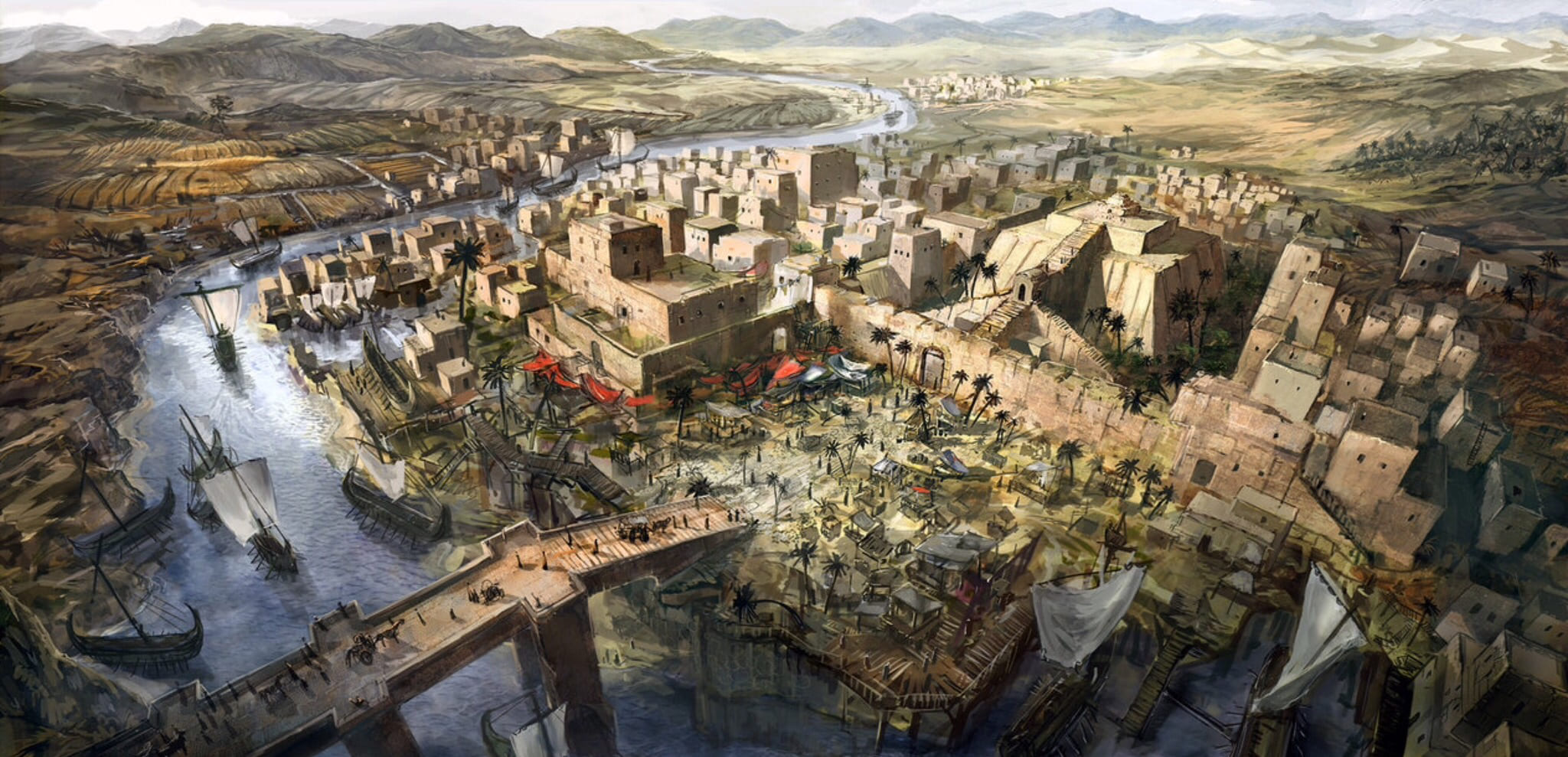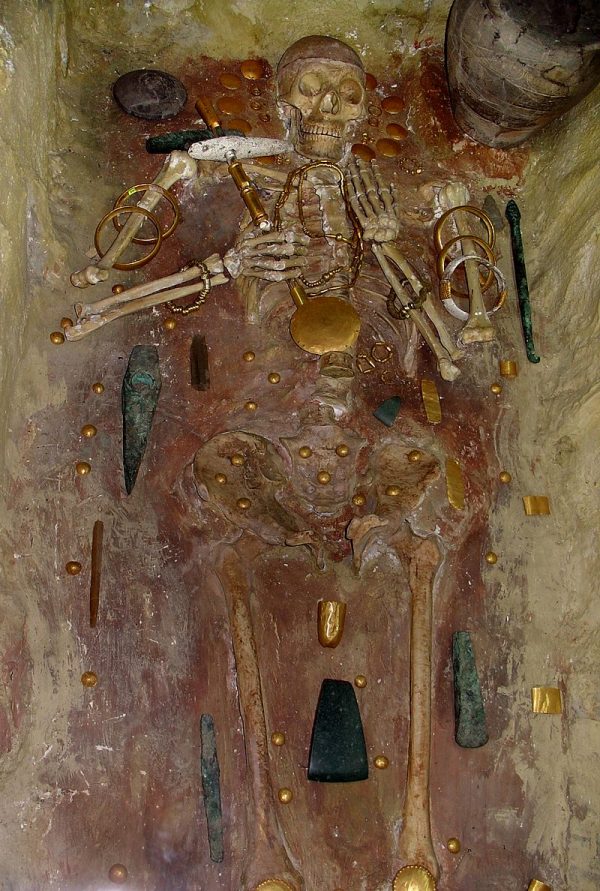
Within the lifetime of people still alive, on top of the loss of life, the destruction of cultures, lands, and properties, there is an immense loss of books-including priceless manuscripts and rare copies-victims of the war. It wasn't until the Bibliocaust of WWII that my stomach became uneasy. So it seems rather remote, I mean, who wouldn't have wanted to visit the fabled library at Alexandria? And the book is written in small sections, so you move along from place to place and time to time, cataloging the libraries that were ransacked, destroyed, or (most often) burned. Many of those survived centuries before being destroyed at last. And it's chronological, so you start way back when, in the days when "books" were cuneiform on mud tablets. You know, the title pretty much says it all. So it seems rather remote, I mean, who wouldn't have wanted to visit the fabled library at Alexandria? And the book is written in small sections, so you move along from place to place ¡Oh la humanidad! Una qué tapicería de la pérdida y preservación, prevención y curación.

¡Oh la humanidad! Una qué tapicería de la pérdida y preservación, prevención y curación. "Jacques Bergier suggested that there is a secret society that conspires to eliminate any book that may contribute to 'a too rapid and too extensive diffusion of knowledge.'". done something.īiblophagy - eating book to gain esoteric wisdom. Donald Rumsfeld, that comment is for you, you whose only response to the lootings and destruction in Baghdad was to say that "Freedom's untidy." You could have. I think it should be required reading in library school, and moreso for people who are making decisions in times of war. This will go directly to my librarian office in my library. Rough reading, but Fernando Baez, the director of Venezuela's National Library, did an amazing job researching the details and the history.

For this is the story of libraries and books from ancient times up to Iraq in the last decade, and their destruction, by fire, by war, by censorship, by librarians, and by worms. I stopped when I started to cry, which happened more than I expected. This This is an incredible book, too overwhelming to read cover to cover, and it took me two months to read it.


This is an incredible book, too overwhelming to read cover to cover, and it took me two months to read it. "By destroying," Baez argues, "man ratifies this ritual of permanence, purification and consecration by destroying, man brings to the surface a behavior originating in the depth of his personality." His findings ultimately attest to the lasting power of books as the great human repository of knowledge and memory, fragile yet vital bulwarks against the intransigence and barbarity of every age.more With diligence and grace, Baez mounts a compelling investigation into the motives behind the destruction of books, reading man's violence against writing as a perverse anti-creation. A product of ten years of research and support from leading American and European universities, "A Universal History of the Destruction of Books" traces a tragic story: the smashed tablets of ancient Sumer, the widespread looting of libraries in post- A best-seller in Spain, Mexico, Venezuela, Argentina, and Brazil: the first-ever world history of the destruction of books.Ī product of ten years of research and support from leading American and European universities, "A Universal History of the Destruction of Books" traces a tragic story: the smashed tablets of ancient Sumer, the widespread looting of libraries in post-war Iraq, the leveling of the Library of Alexandria, book burnings by Crusaders and Nazis, and censorship against authors past and present. A best-seller in Spain, Mexico, Venezuela, Argentina, and Brazil: the first-ever world history of the destruction of books.


 0 kommentar(er)
0 kommentar(er)
